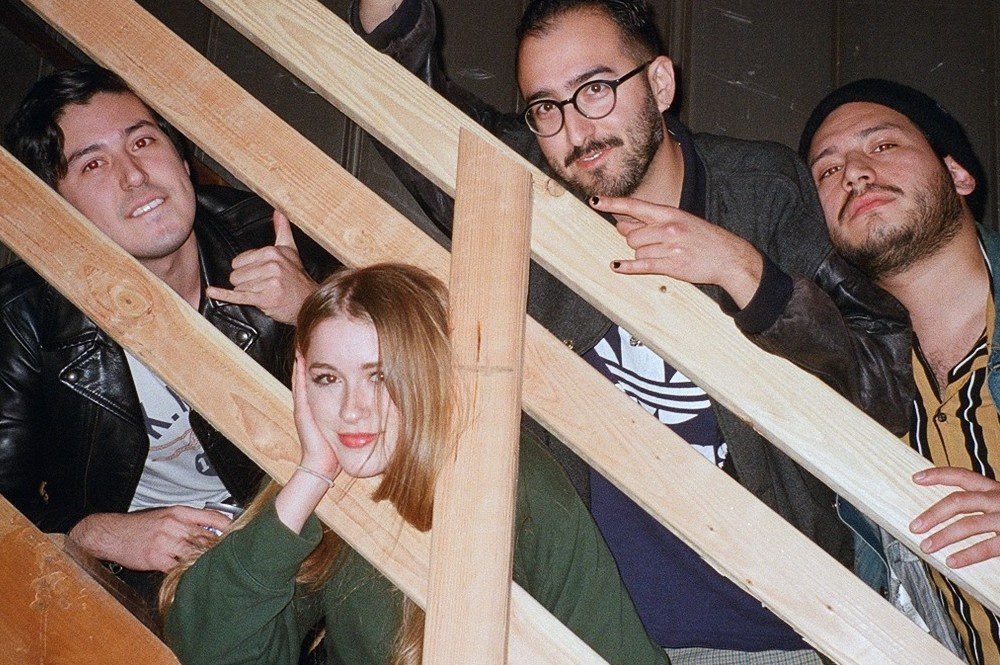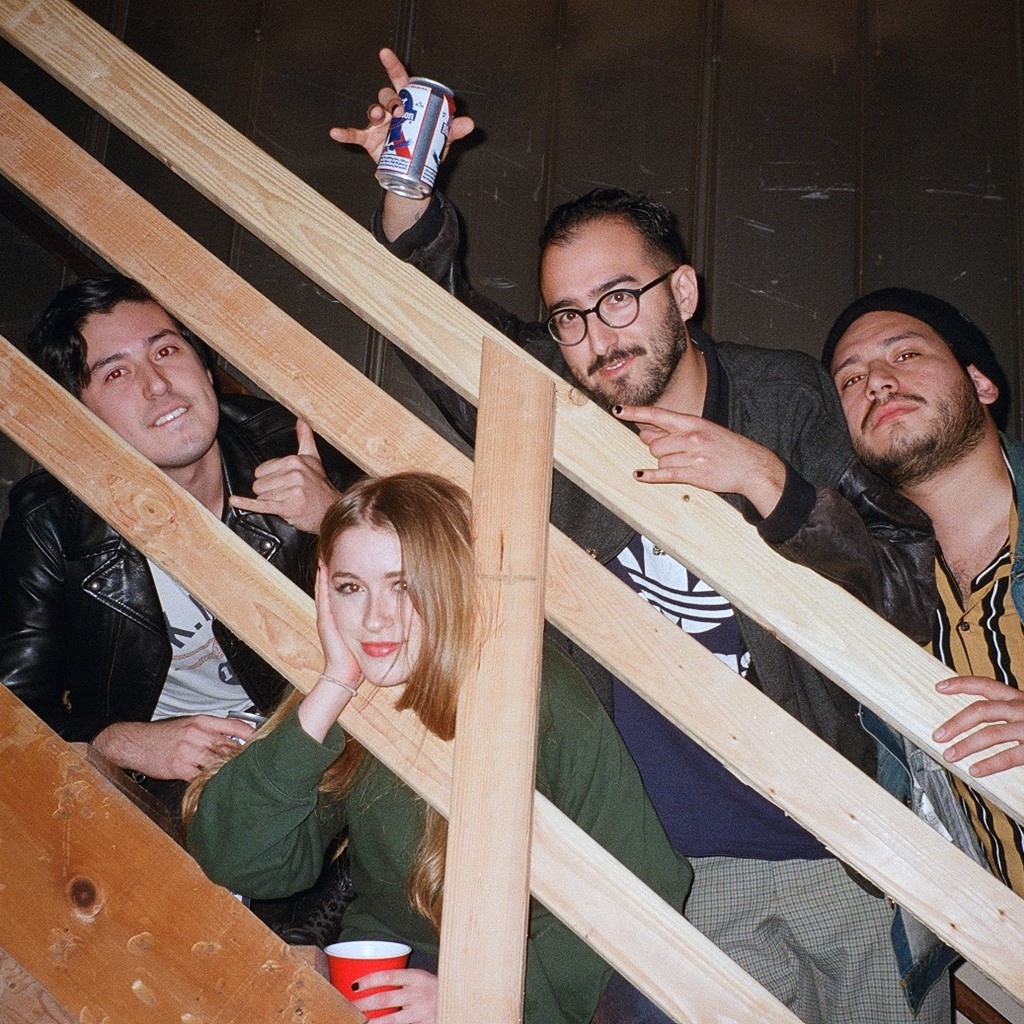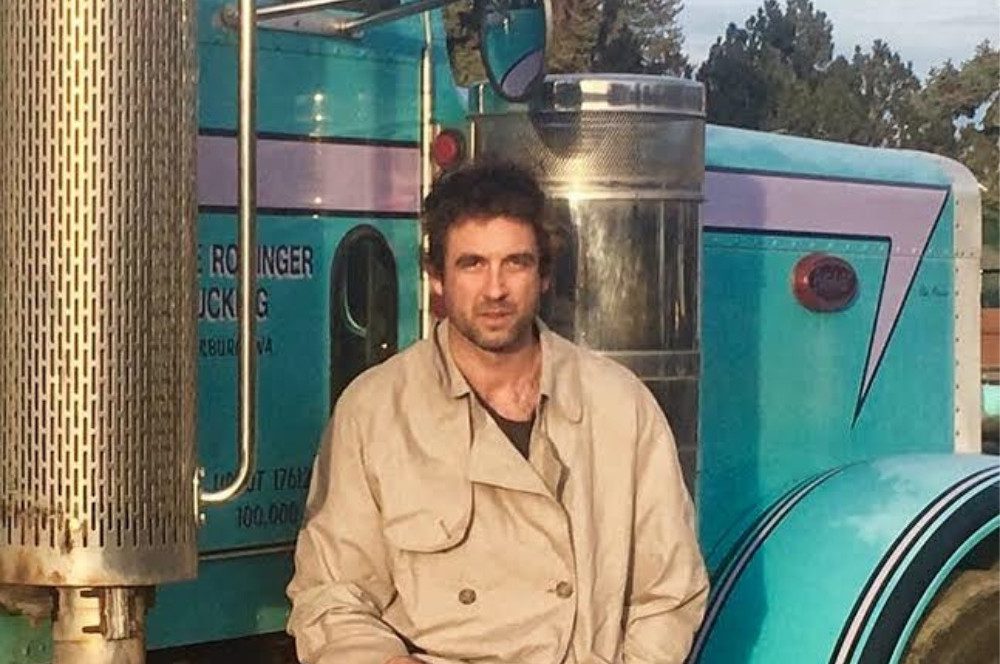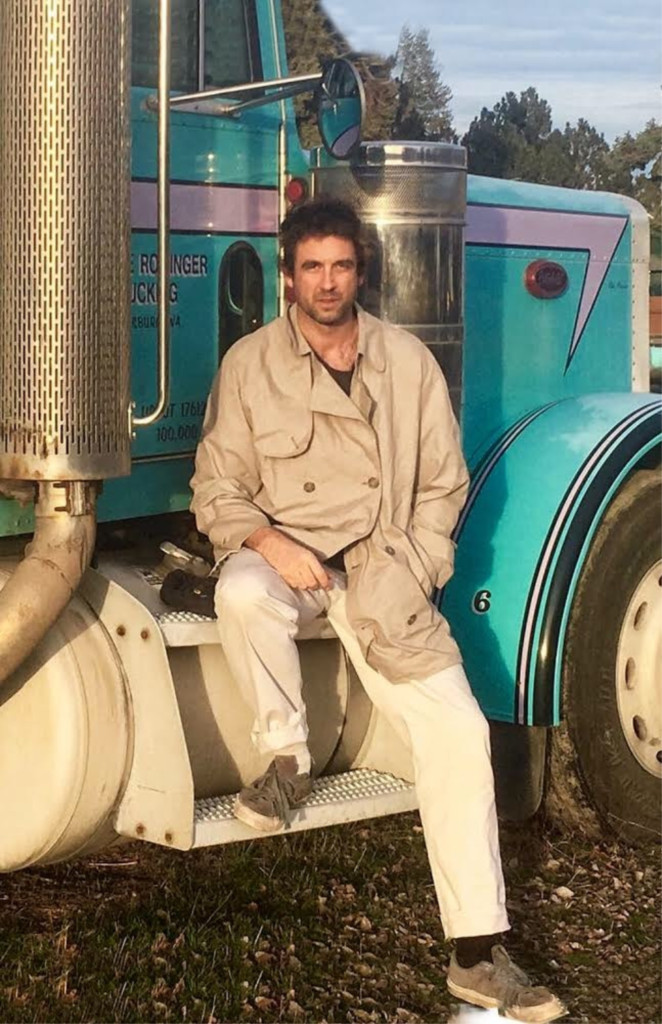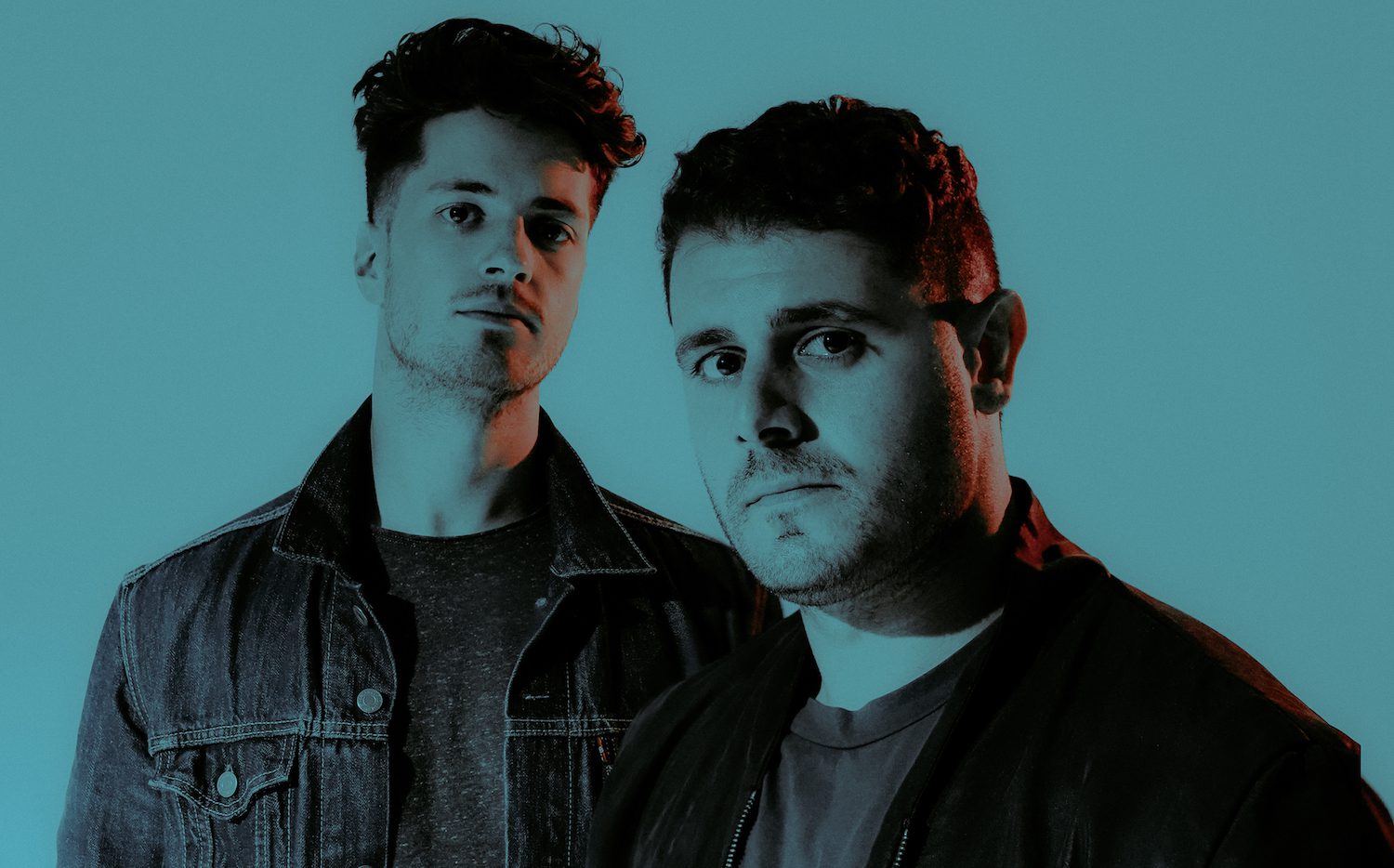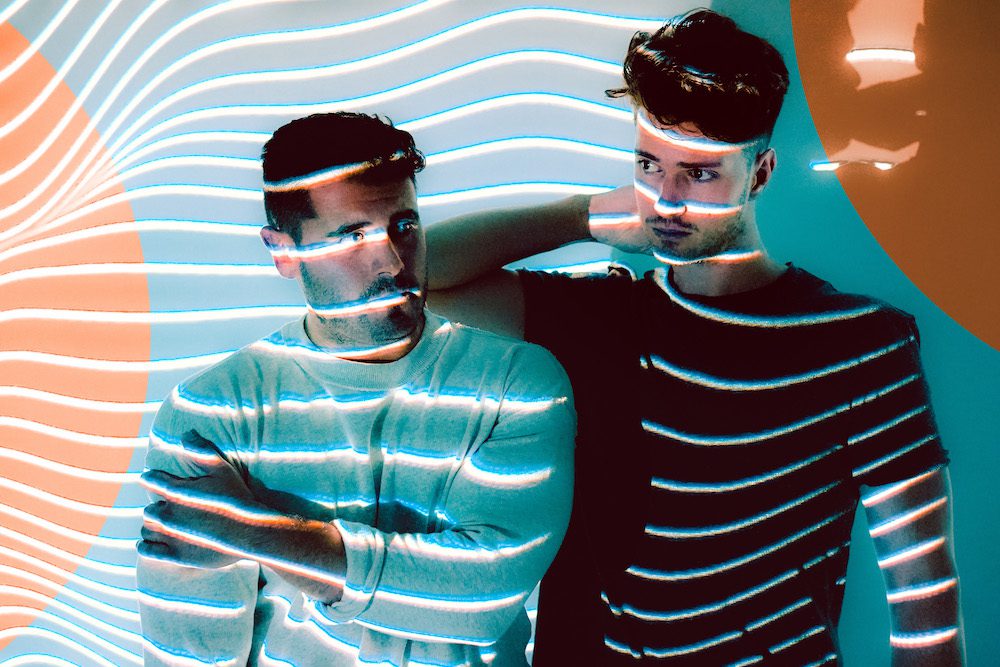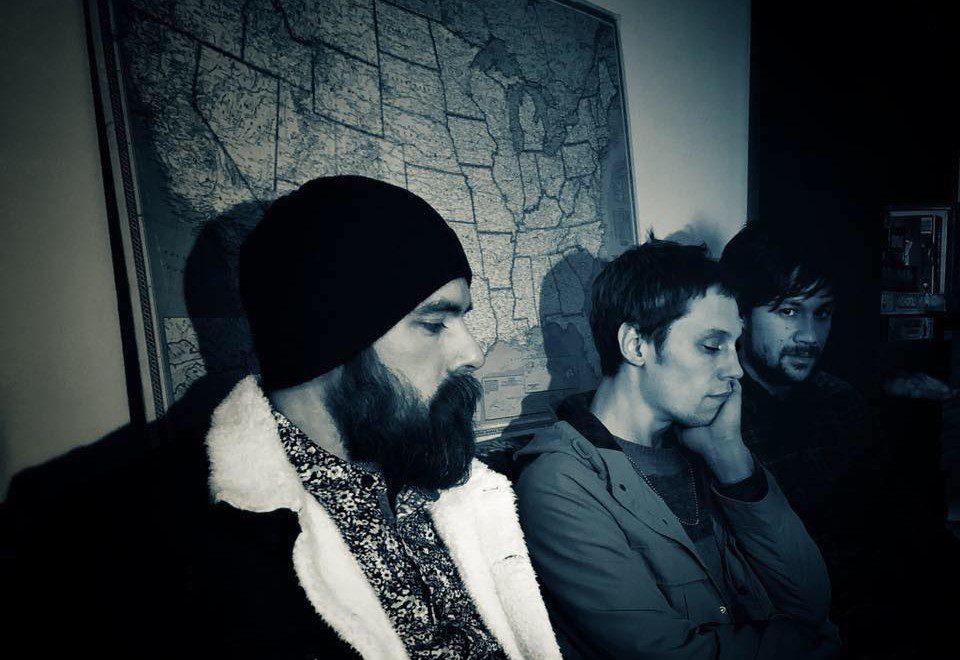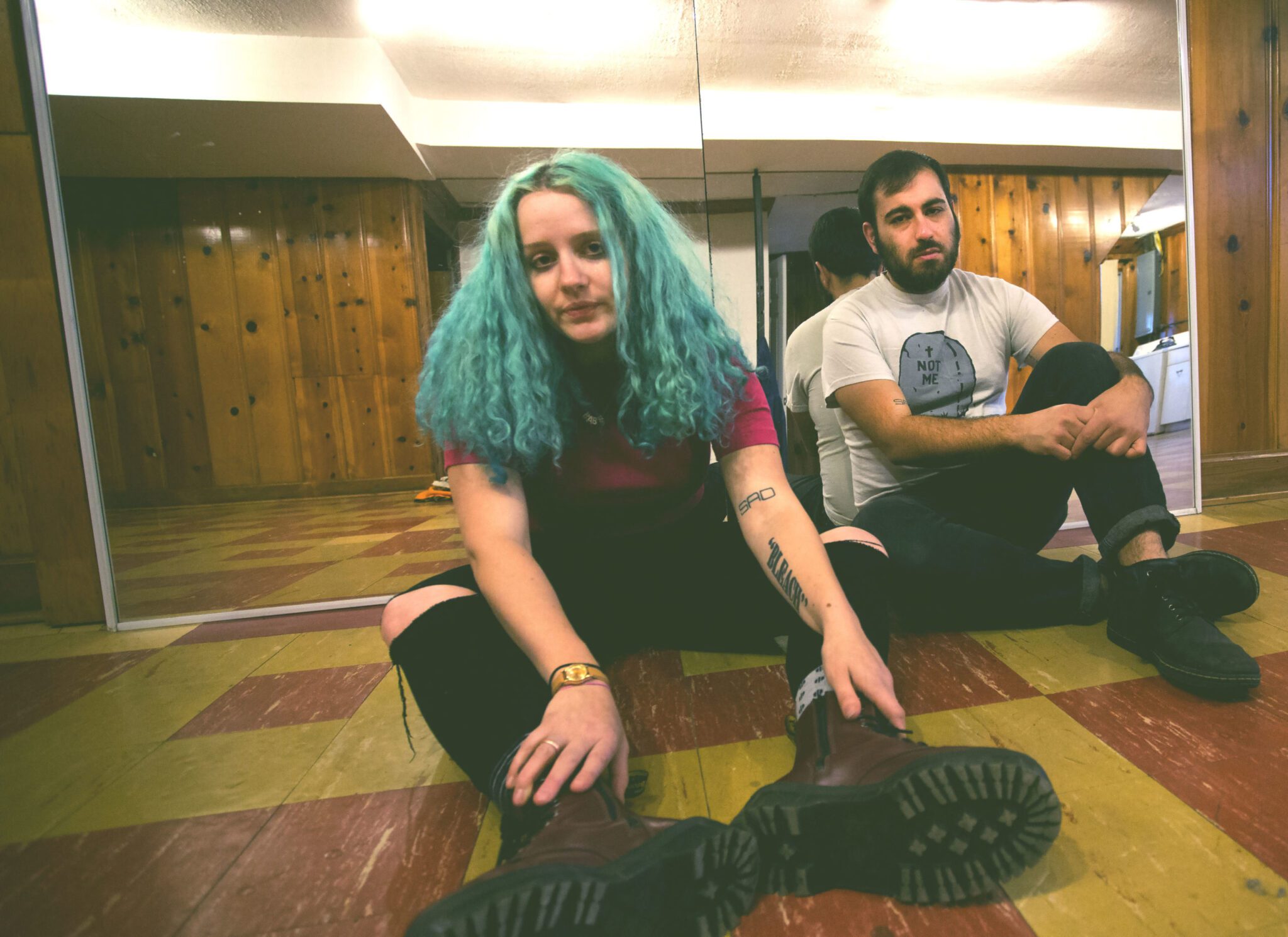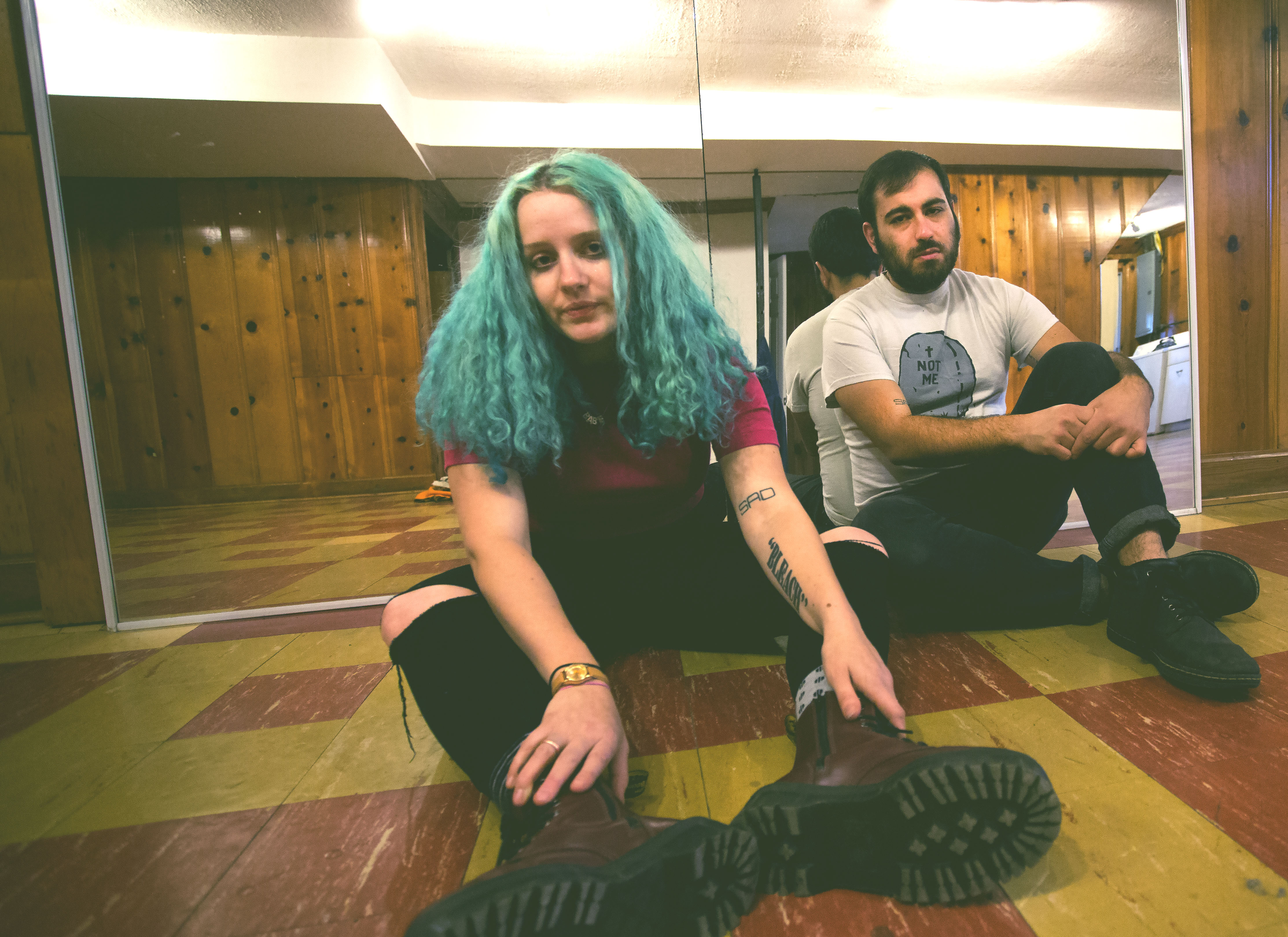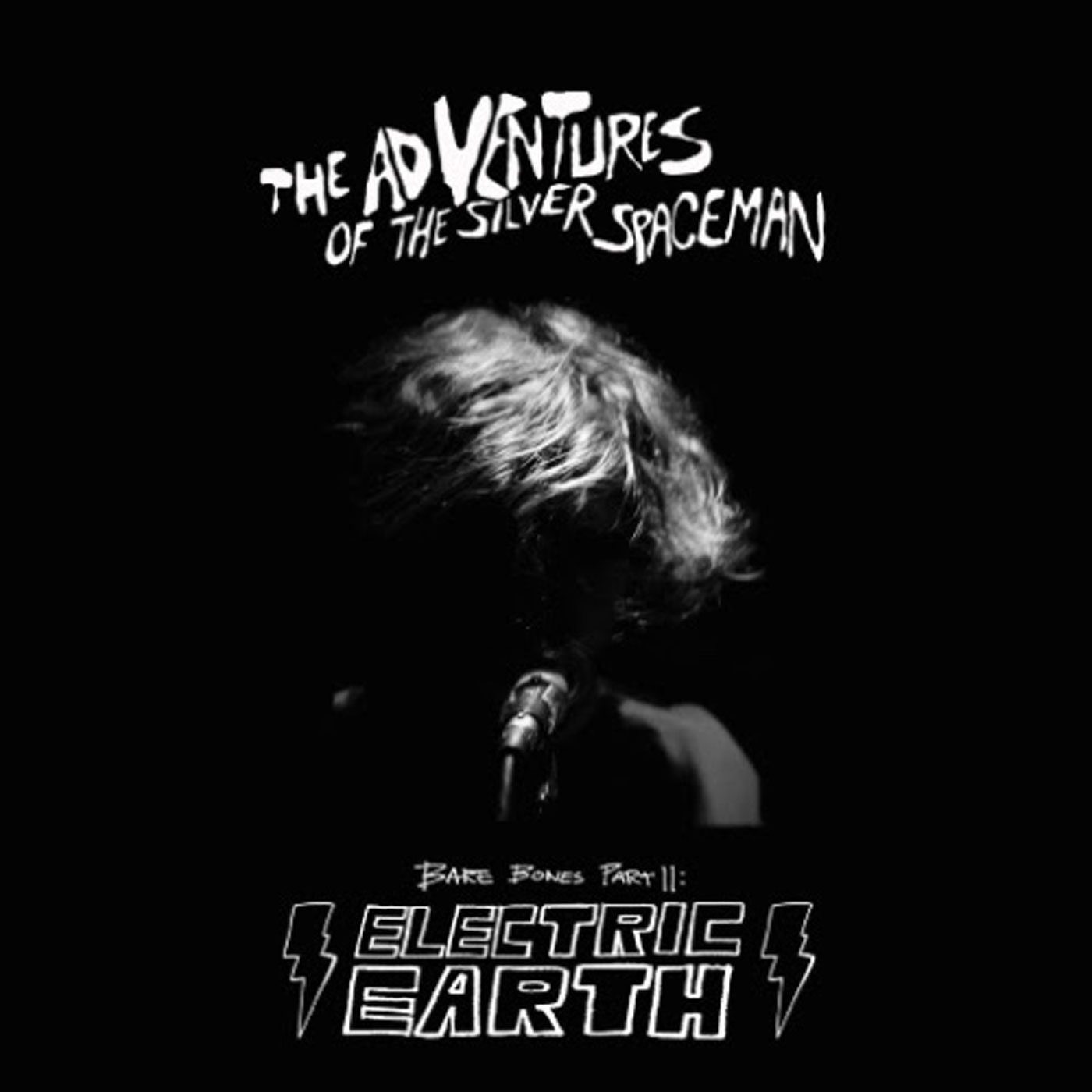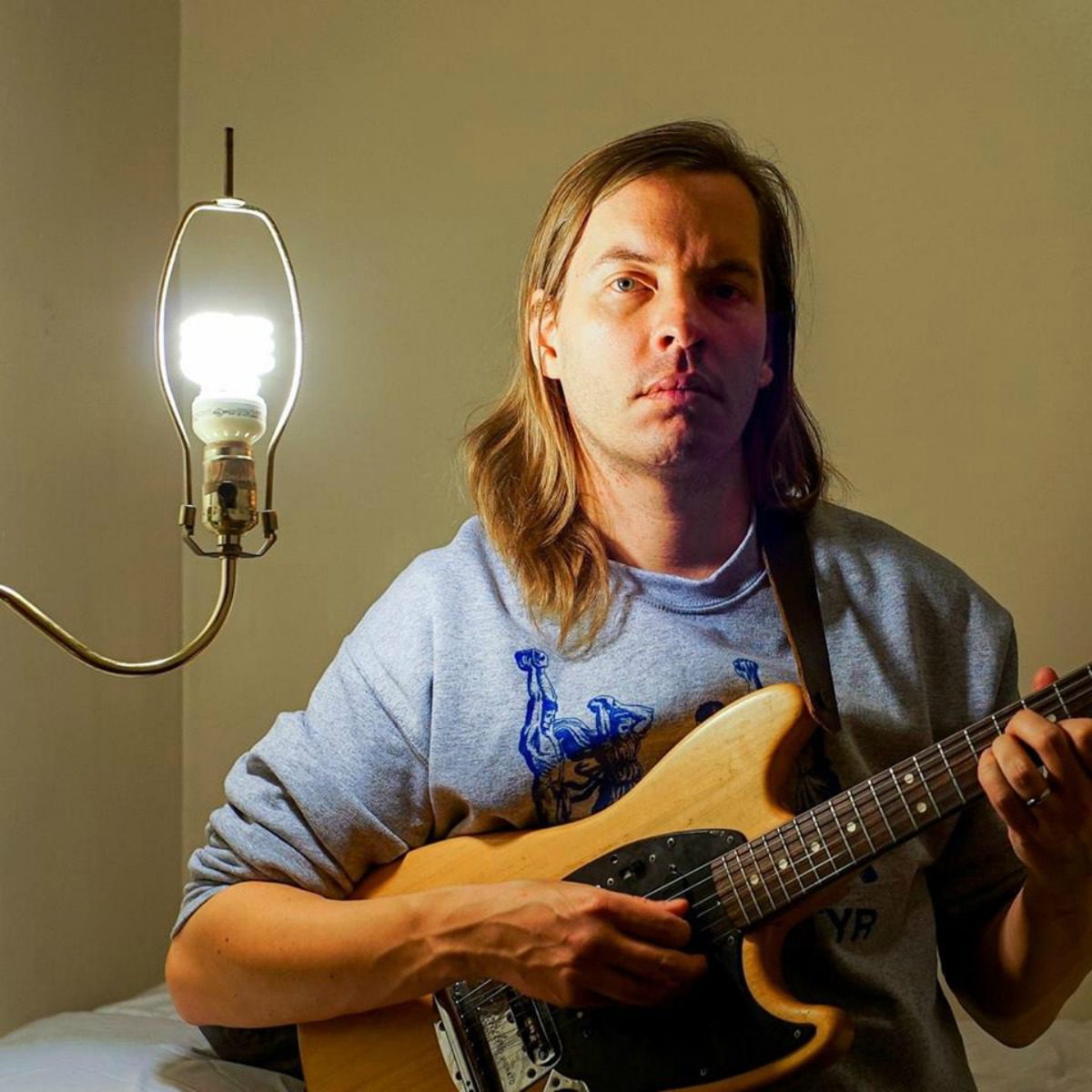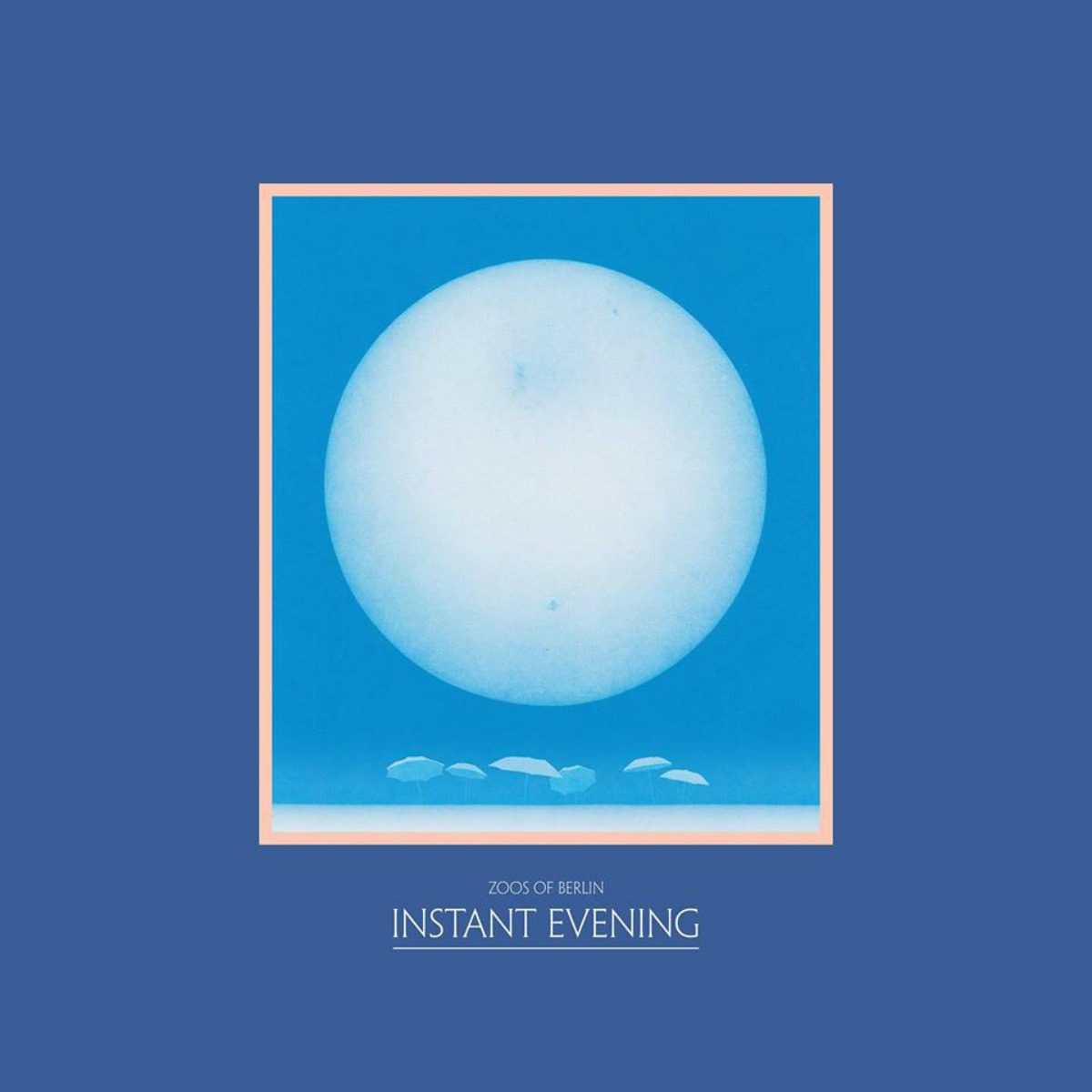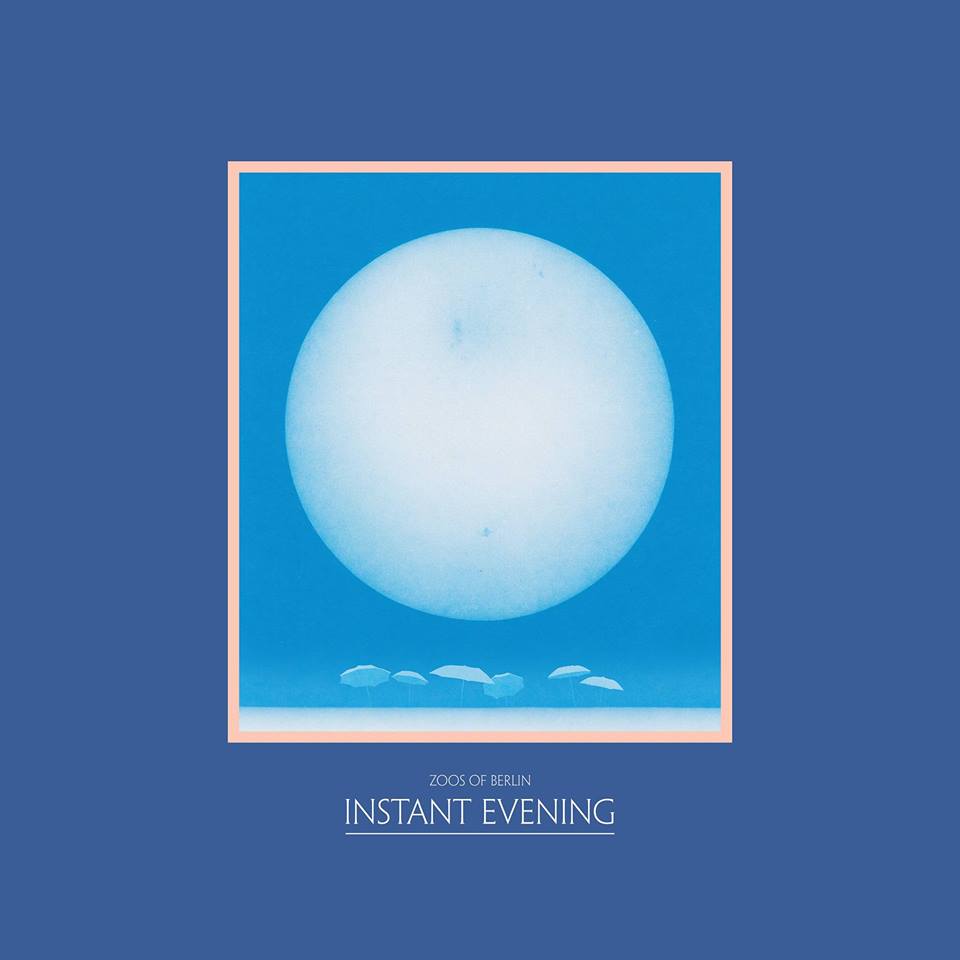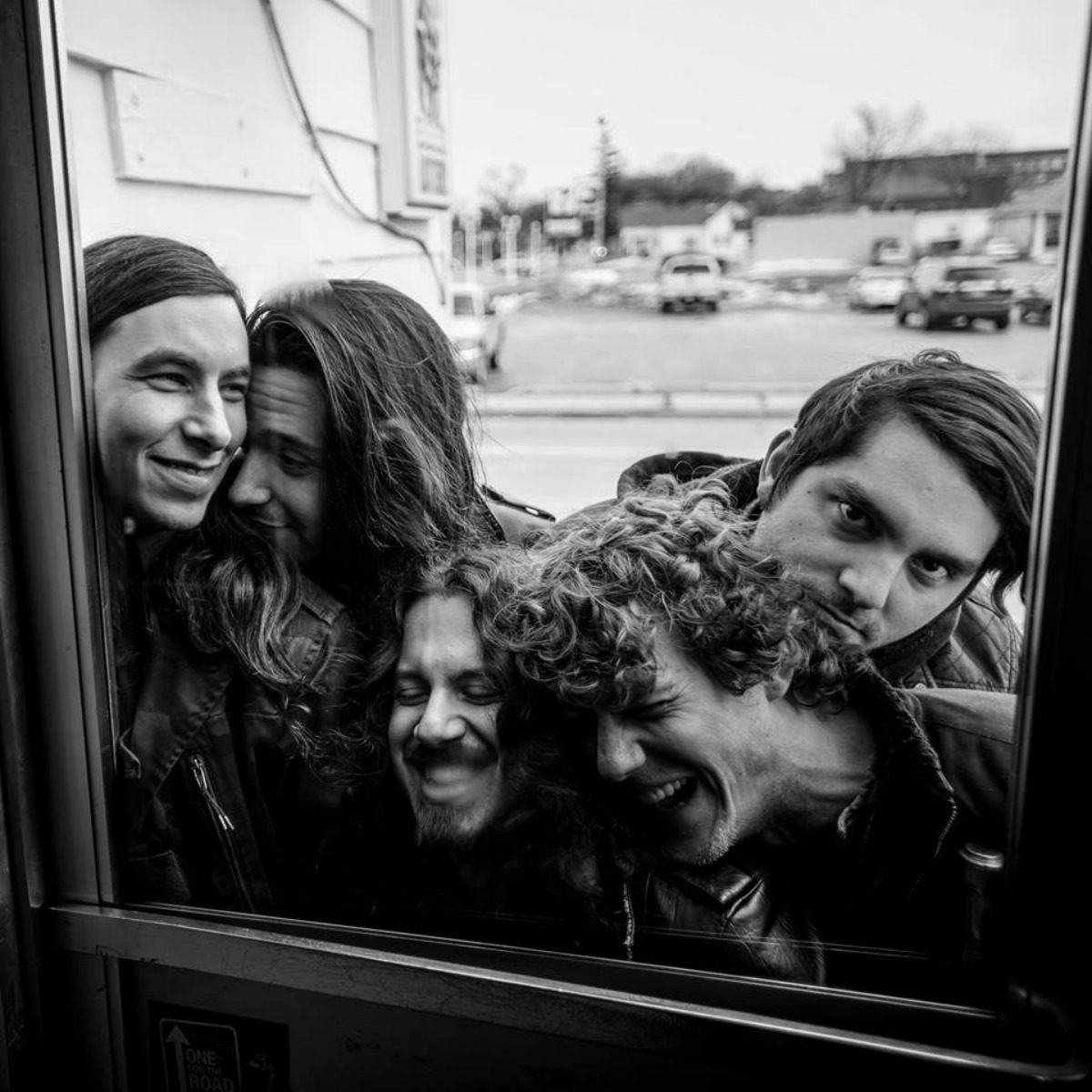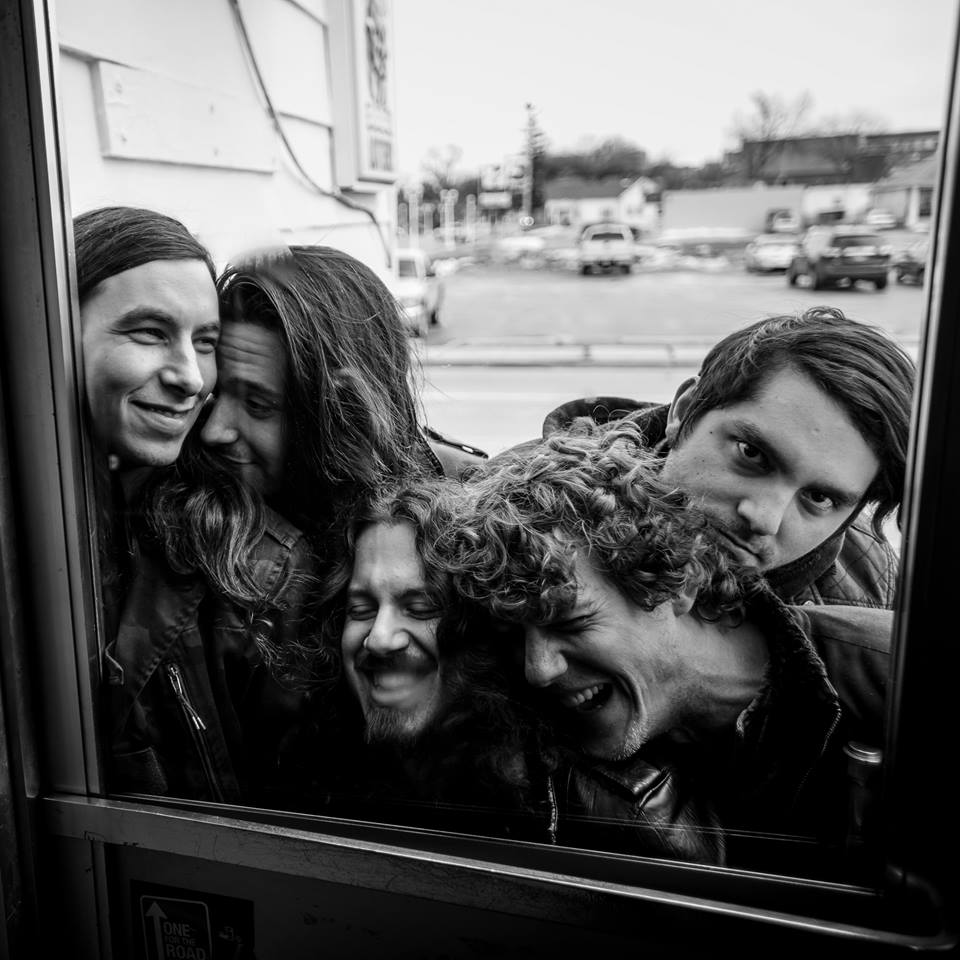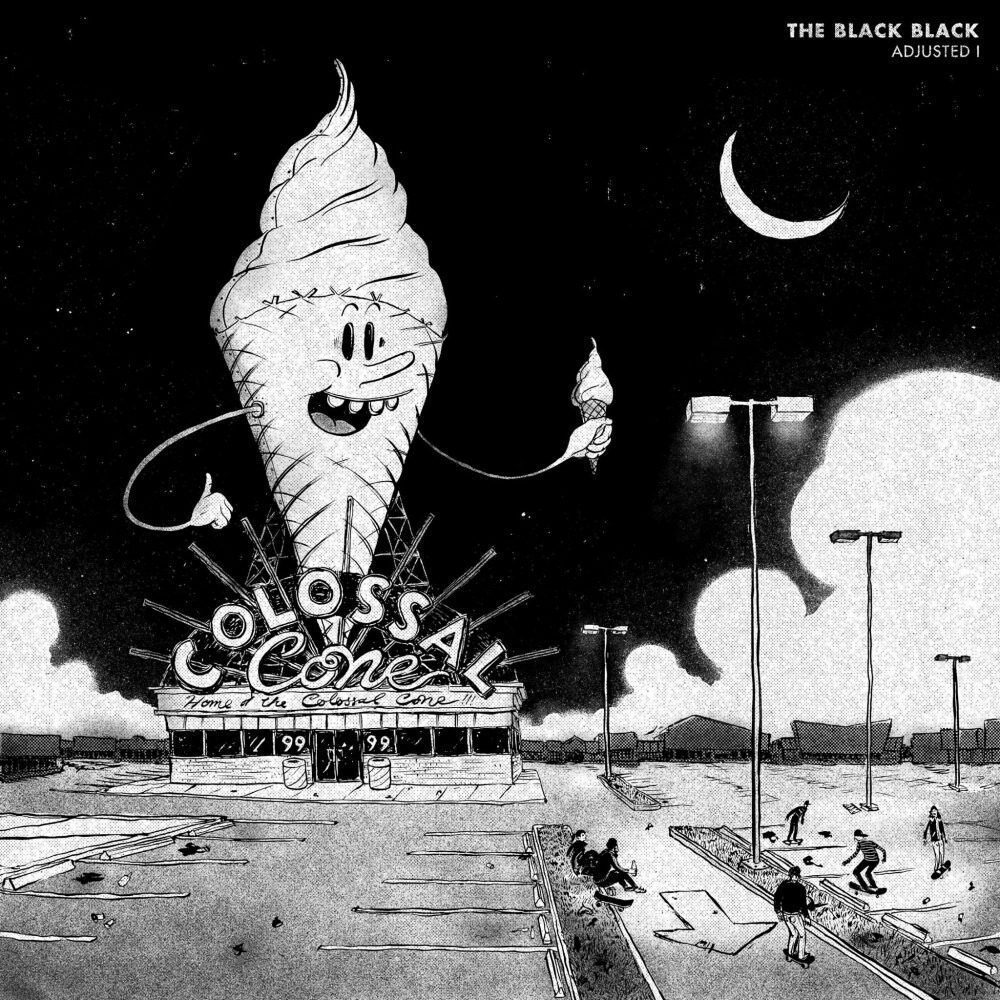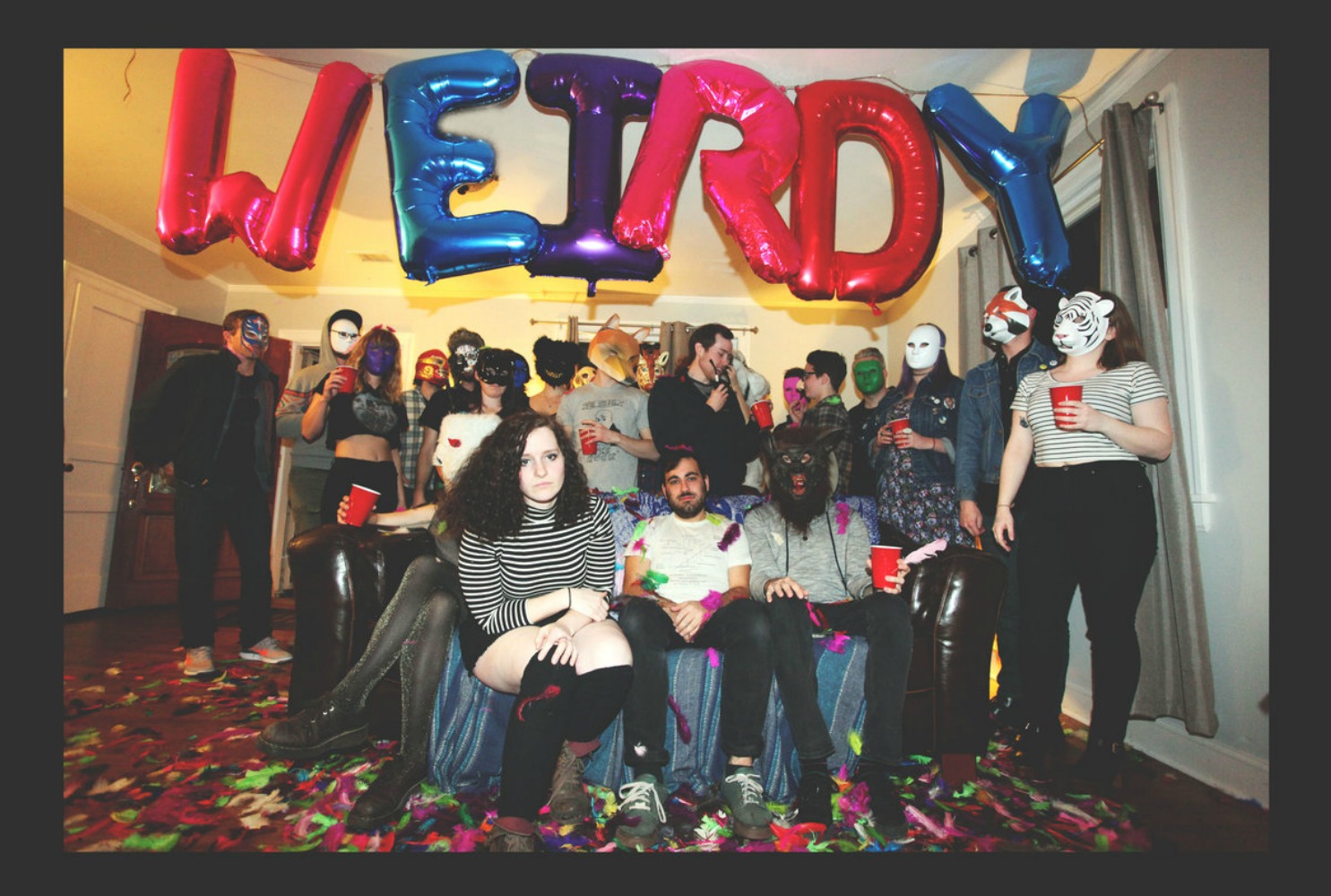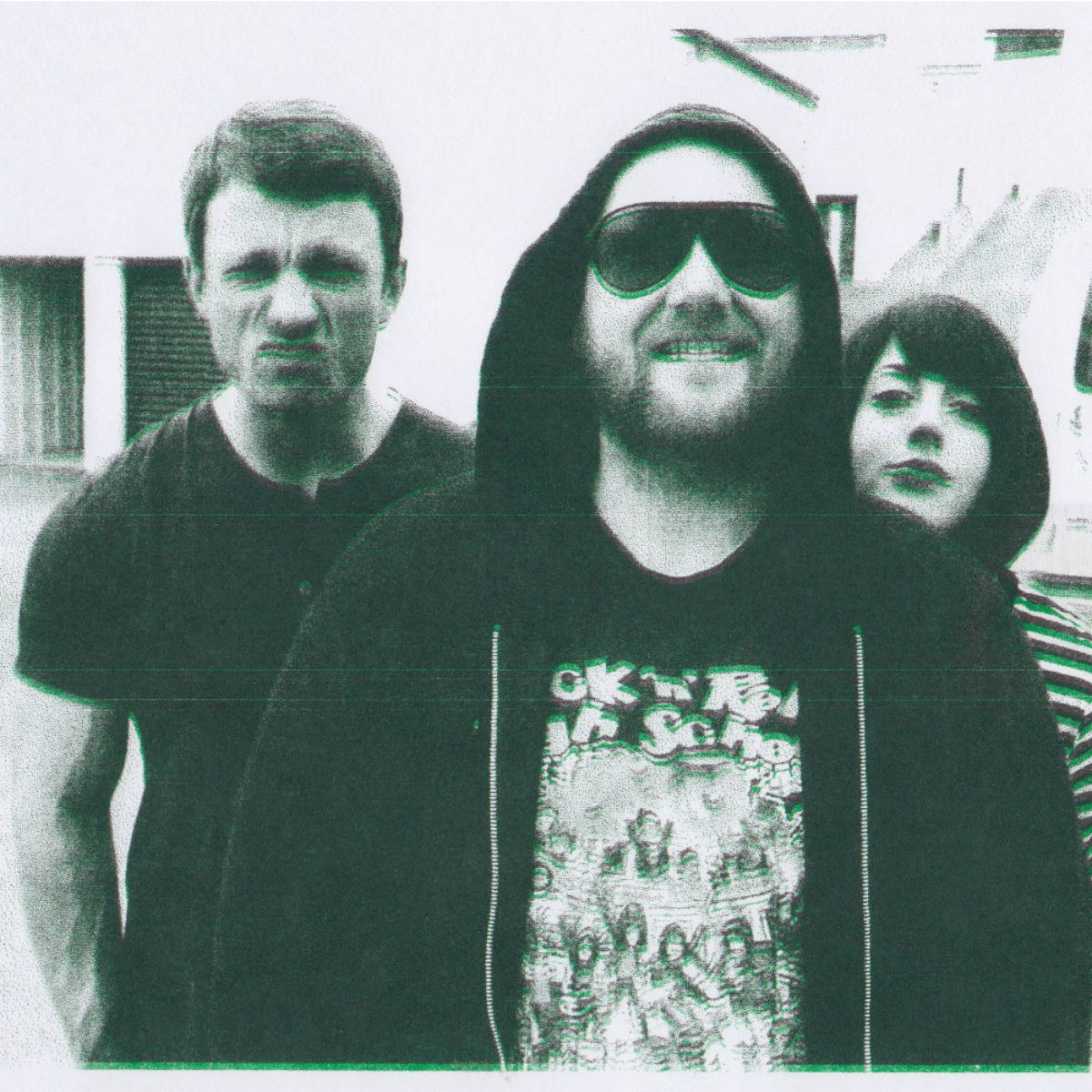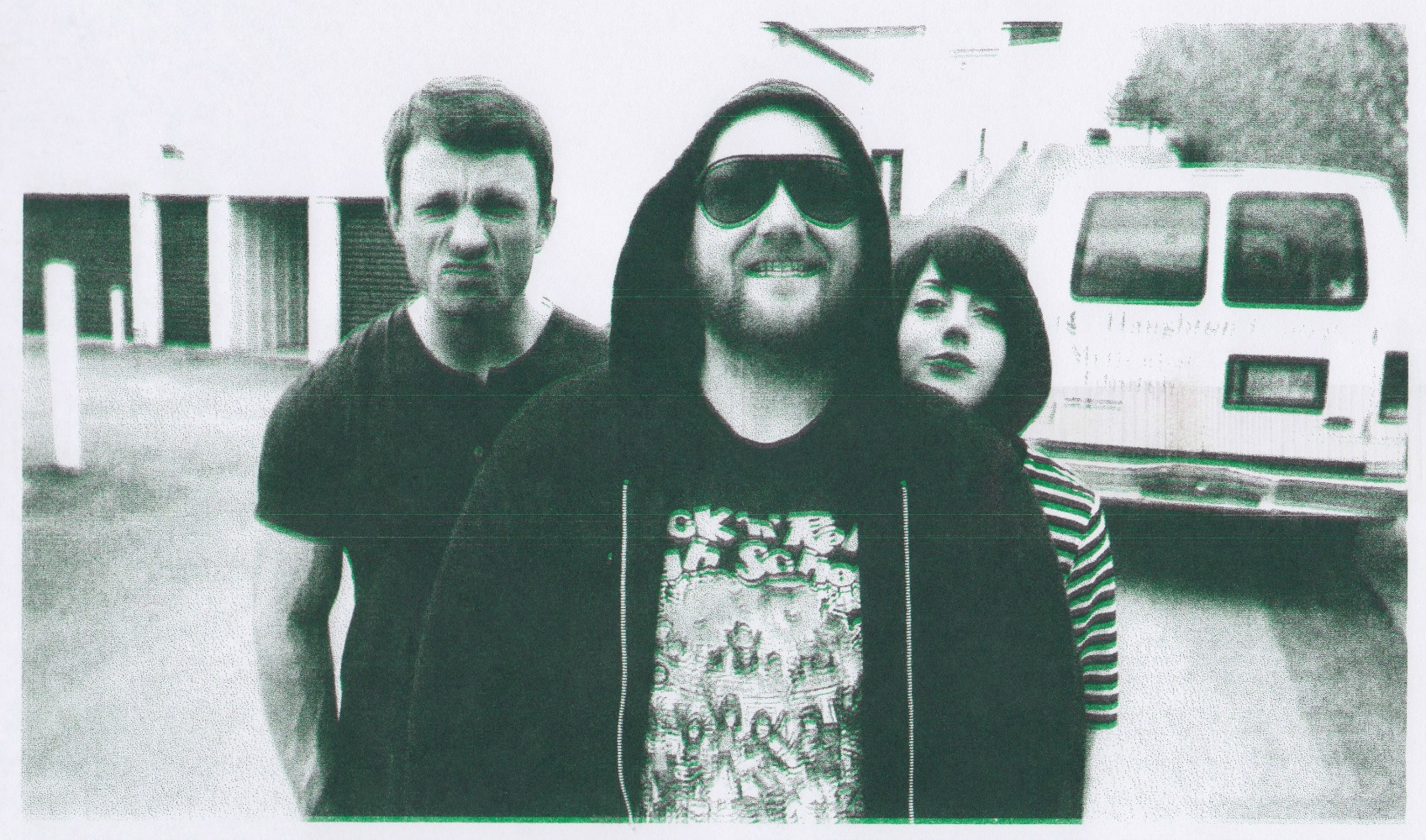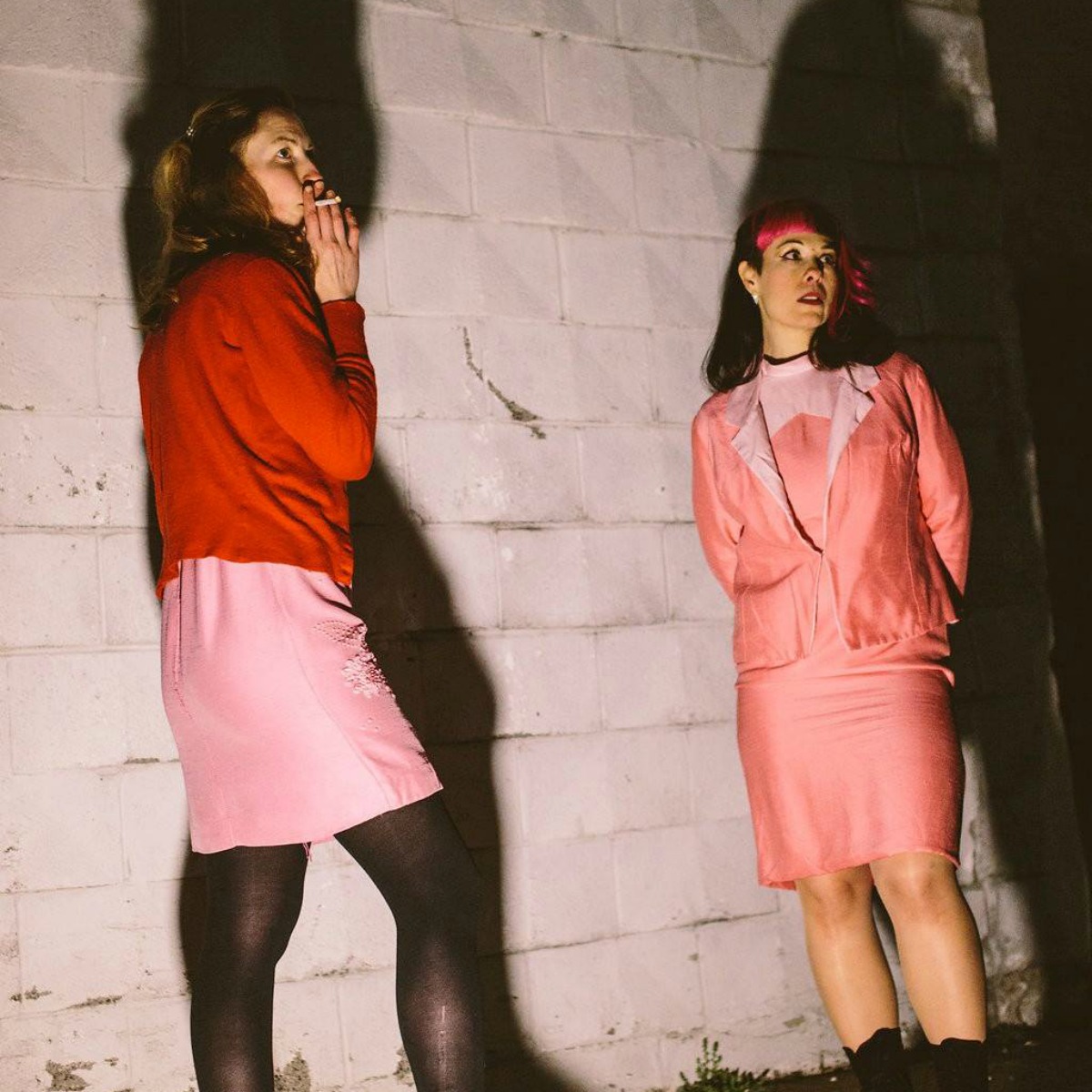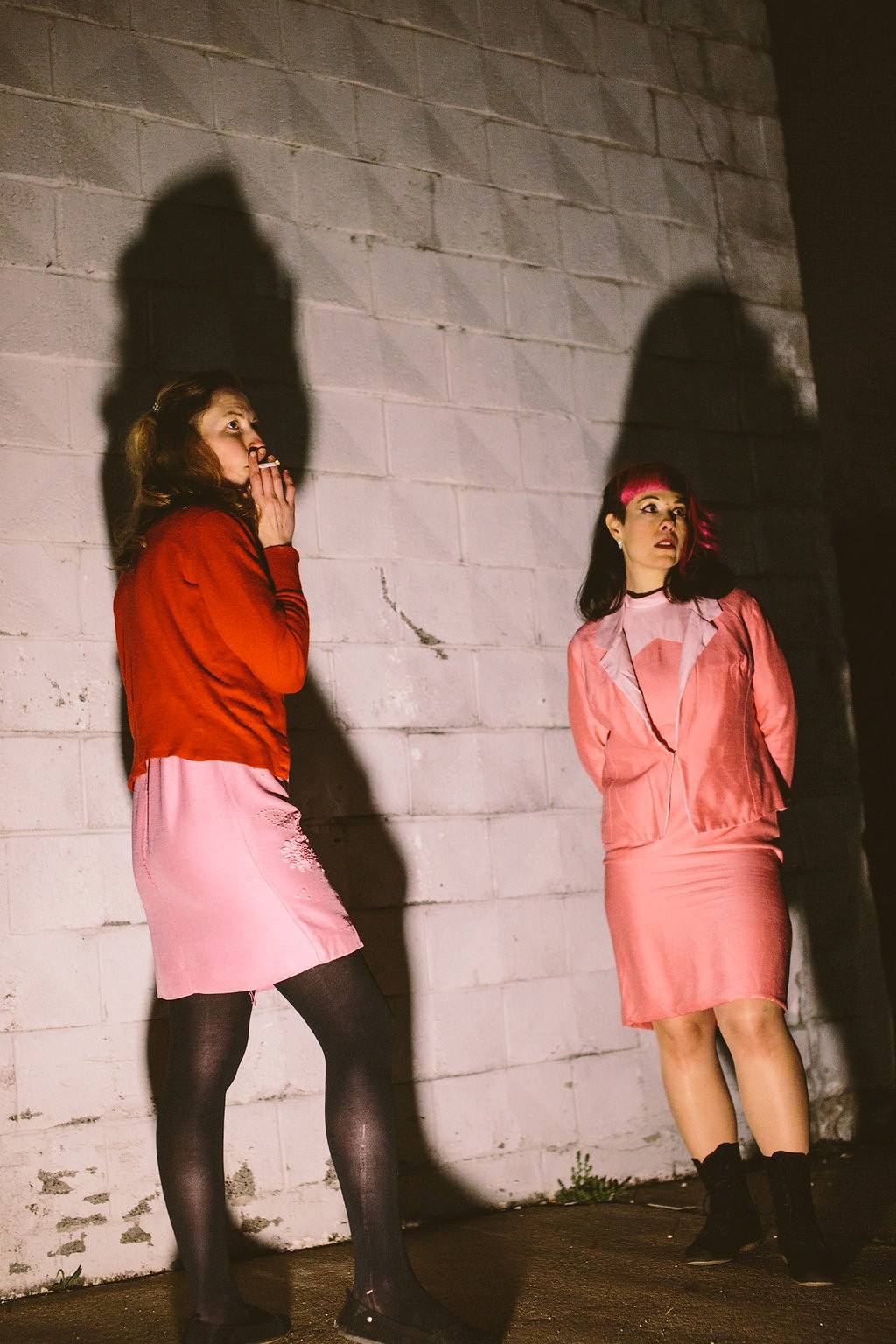PLAYING THE BAY: Kevin Nichols Rocks the Hallowed Grounds of 924 Gilman
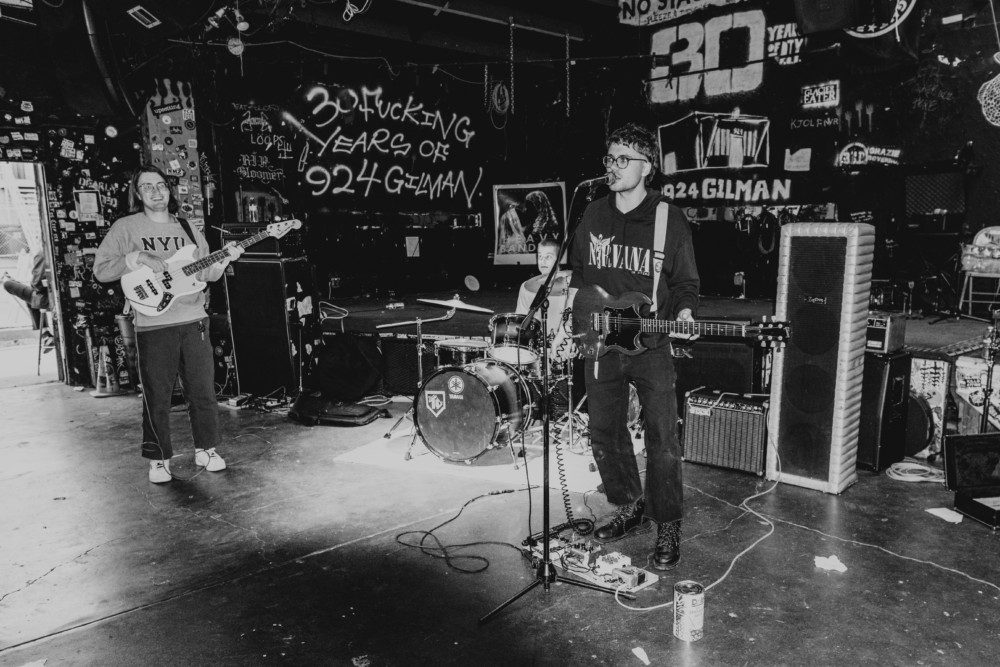
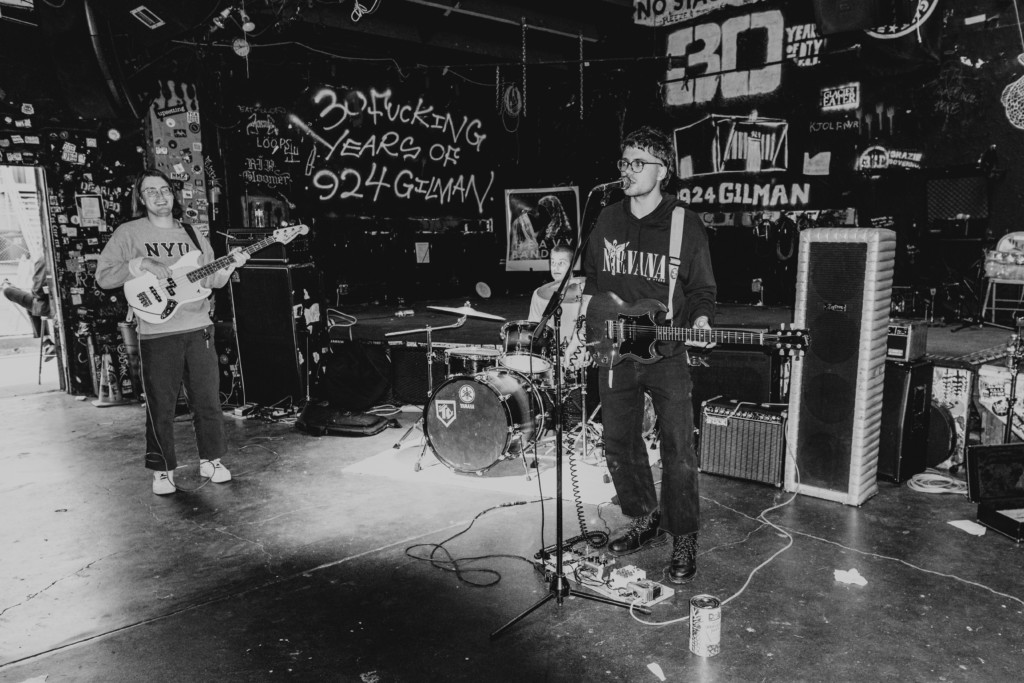

Kevin Nichols wanted to know how much time he had left on stage.
“Till you puke!” cried the man behind me.
This was met with silence, perhaps one nervous laugh, but I couldn’t help but appreciate the purity of an old punk sentiment in a an old punk stomping ground, even as it was delivered to a distinctly new punk audience.
On a Sunday night at the end of June, 924 Gilman (aka the Alternative Music Foundation) hosted the record release show for Oakland’s Rex Means King, who released their first full length album Semantics on June 28th. The final opener, Kevin Nichols preceded their set for a scant but tight half hour, certainly long enough to have me messaging Slumped to thank them for the rec.
Nichols was unquestionably the live wire of his three-man stage ensemble, his accompanying guitarist and drummer content to bring some serious crunch while letting Nichols bring the energy and emotion. Later, he told me he was exhausted from working all day but had come straight to the Gilman afterward.
Despite the manic energy gifted to the worn and weary, Nichols chugged water (or pineapple juice?) between songs from an overlarge can of Dole. This is what I mean about the new punk — the sweat, blood, and tears are still there, but no one wants to see you puke on stage — they want to see you fight through the your worst impulses and still emerge with music worth spending time on.
924 Gilman is the perfect place to observe the effects of such a transition. Its walls are graffitied and stickered down to the minute inch, the performance floor edged with ratty couches and chairs. I sat through most of the show, bookended by three younger boys, one of whom was wearing noise-dampening earphones.
The Gilman has been a Berkeley mainstay since 1986, operated by the nonprofit Alternative Music Foundation. Everyone is required to buy a yearly membership card at the door ($2) along with the show fee, a long-time tradition to remind show-goers that this is their venue, too, if they so choose to attend one of the bimonthly membership meetings.

I had not, in my 25 years of living in Berkeley, attended a show at the Gilman. It felt odd to enter a space that would have been so eminently foreign to me as a teenager, but felt absolutely welcoming to me as an adult. Hindsight is 20/20, of course, and it took me ten years of life experience to develop the music taste I have now. Nevertheless, I still felt some misplaced sadness for 15-year-old me, who had only a peripheral idea that such a space existed and was simply too limited by my own perceptions to have taken advantage.
One of the great things about the space is that no inch of the Gilman escapes commentary. “30 fucking years of 924 Gilman” is scrawled is sloppy letters over the stage, and the women’s bathroom hosts stickers on the toilet seat while messages of love, rage, and everything in between surround from all sides, letters inside secrets inside notes inside declarations.
Nichols, I found, had a similar experience of appreciation for the men’s. It’s always the bathroom, we agreed. It’s always the place where you have to stop and take in the grunge for what it is — not a messy sprawl of disconnect, but a canvas of experience, like little fortune cookies from this and that person’s life, scribbled between songs or at the end of a long sweaty night.
Nichols is not a furious performer. He does not spit words out without regard for where (or on whom) they land. He is more restrained than that, which isn’t to say he is holding back; moreso that he wants to put on a show without losing himself entirely.
His last EP, Long Lungs, documents a heartbreak in four succinct rocks songs well-rounded enough that they feel like a much more substantial tracklist. Even with the short, staccato lines in “Carrion Crow,” Nichols and his bandmates Sam (bass) and Elliot (drums) take us on a rollicking, head-banding journey that ends with a instrumental lead-out with the fizzing intensity of popping open an over-shaken soda can. While “Crow” is my favorite off the EP, “Easy Way Out” packs a great closing punch, a song equal parts fighting and pleading with Nichols switching between vocal deliveries with ease.
During his set, the three baseball cap-wearing men standing in front of me would occasionally let themselves knock lightly into one another’s shoulders, their bodies slipping into some classic punk-show footwork before clapping each other on the back and embracing, knees still bouncing to the music.
When I asked Nichols after the show how the Bay Area has impacted his music, he told me without hesitation that he came for the support and camaraderie, a feeling of authentic community that he felt his old stomping grounds (Orange County) distinctly lacked. There was no moment last night when I did not feel that sentiment reflected in the audience, in Nichols, in Rex Means King, in those three boys hugging as their hair fell in messy strands from their caps.
If this is new punk, I’m happy to even be late for the ride.
Nichols’s local band recs: Lawn Chairs // Mall Walk // Preschool // Small Crush // Grumpster
Follow Nichols on Facebook for show and release updates.
Send band recs/praise/miscellany to @norcalgothic on Instagram.

